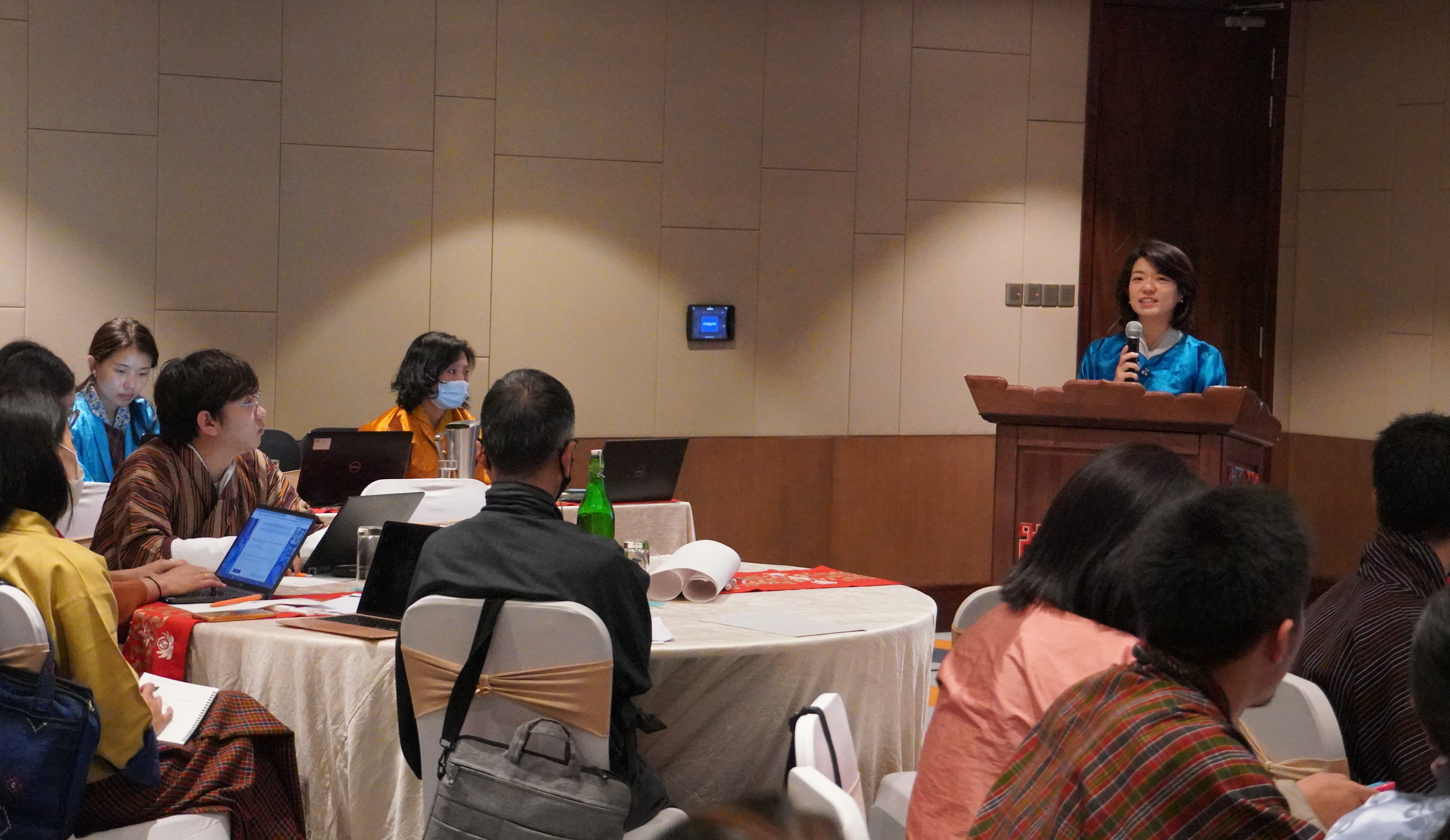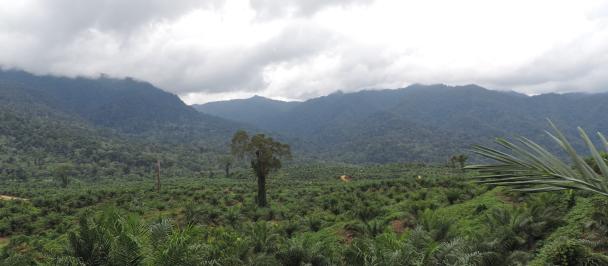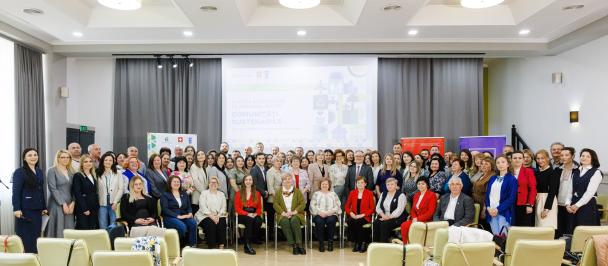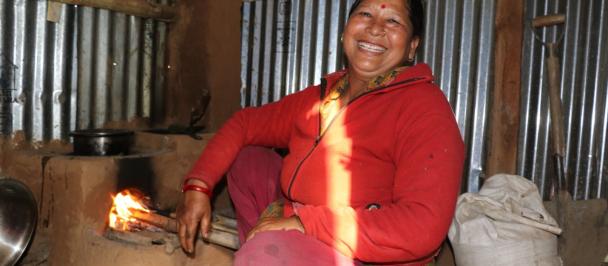Opening Statement by UNDP Resident Representative
Strategic Foresight Workshop
June 24, 2022

Azusa Kubota, Resident Representative, UNDP Bhutan
The volatile, uncertain, complex, and ambiguous, or in short, VUCA world is bringing about fast, disruptive changes that are consistently challenging our ability to adapt and respond. To navigate the VUCA world, we must also adapt planning and policy-making processes.
The past two years have been anything but business as usual. We all had to make decisions and implement policy responses with a high degree of uncertainty and limited knowledge about COVID-19. We also experienced that governments faced increasing risks in making policy decisions based on overly hasty or narrow assumptions about the future.
In many ways, the COVID-19 situation pushed us to revisit our systems and practices and understand the limitations of old ways of forecasting and risk analysis. Plans were often conditioned on futures that would never materialize. In his book, “Thinking Fast and Slow”, Kahneman notes that “[the] idea that the future is unpredictable is undermined every day by the ease with which the past is explained”.
This clearly highlights a cognitive bias that makes people seek simple explanations for potentially unconnected events. Indeed, the change is changing.
These situations have accelerated the rate at which governments, policymakers, and planners around the world have embraced foresight.
Foresight, which brought us together this morning, will allow us to understand assumptions, challenge them and generate alternative perspectives. As our pandemic experience underscores, we need to make concerted efforts in identifying and monitoring the signals (trends), question them, and think creatively about the ones that could have a future impact.
We need to willingly and consistently dedicate time and effort to consider future scenarios.
Over the coming two days, we will learn to become more comfortable with actively engaging in early-signal discussions and related planning for alternative futures.
I believe that the skills and employment sectors provide a perfect platform to apply foresight. Despite the high unemployment rate in the country, many employers in and outside the country indicate their inability to find employees with the required skills.
The World Economic Forum’s (WEF) The Future of Jobs Report 2020 highlights that, 40% of core skills in the average job will change in the next five years. Automation, digitalization, and general changes in how the economies are structured in the globalized world all cater to uncertainties and the need for greater resilience.
In this regard, I would like to sincerely commend the MoLHR for leading future-oriented systematic anticipation of skills, in order to not only prepare individuals, employers, enterprises, governments, and training providers for future competencies but also to enable strategic responses to address skills gaps in a timely manner.
The study will rely on the application of foresight tools and approaches in the collection of data, sensemaking, mapping insights which include global, regional, and local emerging signals, trends and drivers, and country-level experiences and practices. This will allow the recommendations to be linked with the overall development trajectory and strategy for respective sectors with a strong focus on digital jobs.
You may recall that last year, together with the Ministry with funding support from the Government of Japan, we developed a digital job strategy that clearly outlined promising opportunities for job creation and skills match between the Bhutanese youths and potential investors. But this is one sector whose pace of change is very fast. We must proceed carefully with future orientation in mind.
Let me also share that UNDP’s commitment to supporting Bhutan to be future-ready and anticipatory goes beyond the study. As is the case with adopting any new approaches, Governments’ ability to apply strategic foresight is directly linked to the capacities of the public service in future thinking, foresight tools, and practices.
The sessions starting today are designed to support public servants to build conceptual and methodological literacy in future thinking and foresight. For foresight to work at its full potential and become part of our muscle, it requires more than individual-focused capacity-building training. It requires policies and institutions that sustain and mainstream it.
As the Royal Government undergoes once in its history institutional reforms and embarks on the future-ready 13th 5-year plan, it is our sincere hope that the holistic approaches will be adopted to ensure the foresight exercise will not be a one-off activity. Otherwise, we will risk going back to a linear planning process that will not withstand volatility or uncertainty. UNDP looks forward to partnering with various institutions of the Royal Government to ensure this approach will indeed “stick”.
In this regard, we are very fortunate to have resource persons from Action Foresight Dr. Jose Ramos and Dr. John Sweeny, both are avid future practitioners and have worked extensively with governments and institutions around the world, including UNDP country offices in Vietnam and Mexico to support the development of Anticipatory Governance initiatives. You might be interested in his recent publication called Our Futures, documenting the cutting edge in public engagement using foresight.
Dr. John A. Sweeney has also led, organized, and facilitated strategic planning and foresight projects. He is the Co-Editor of World Futures Review: A Journal of Strategic Foresight and the foresight advisor for INTERPOL’s Global Complex for Innovation, Singapore.
I would encourage you to actively participate in all the sessions and to gain the maximum benefit from these incredible resource persons. Please also let us in UNDP know your feedback and how we can continue to be a valued partner for Bhutan’s future journey.
You are indeed pioneers and trend-setters in shaping future-ready Bhutan.
Thank you and Tashi Delek!
***Note: The Strategic Foresight Workshop was held for two days from 16 - 17 June 2022. It brought together more than 60 public servants.

 Locations
Locations



